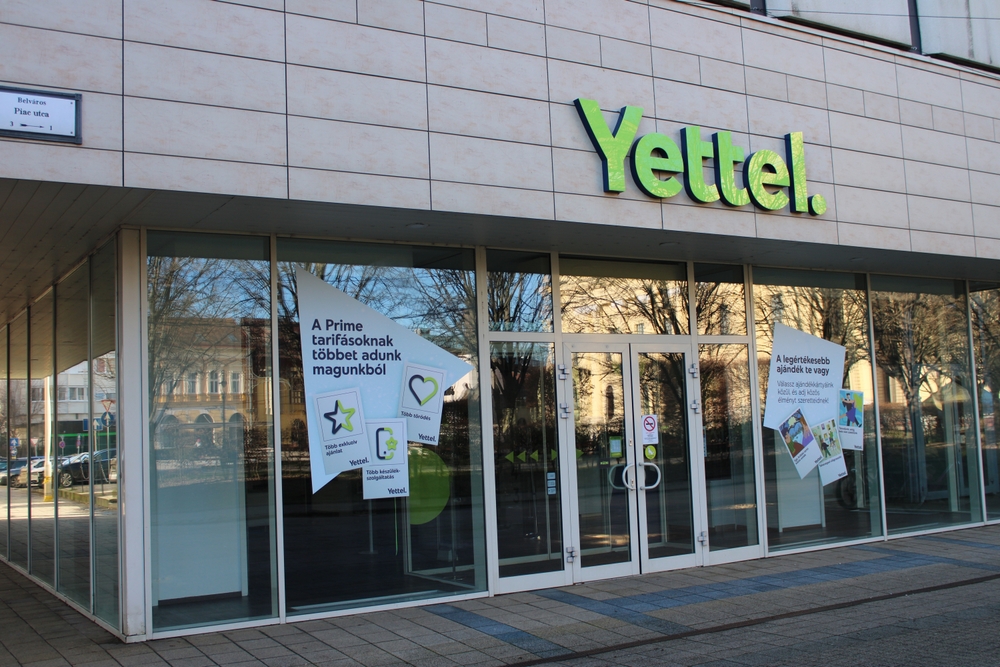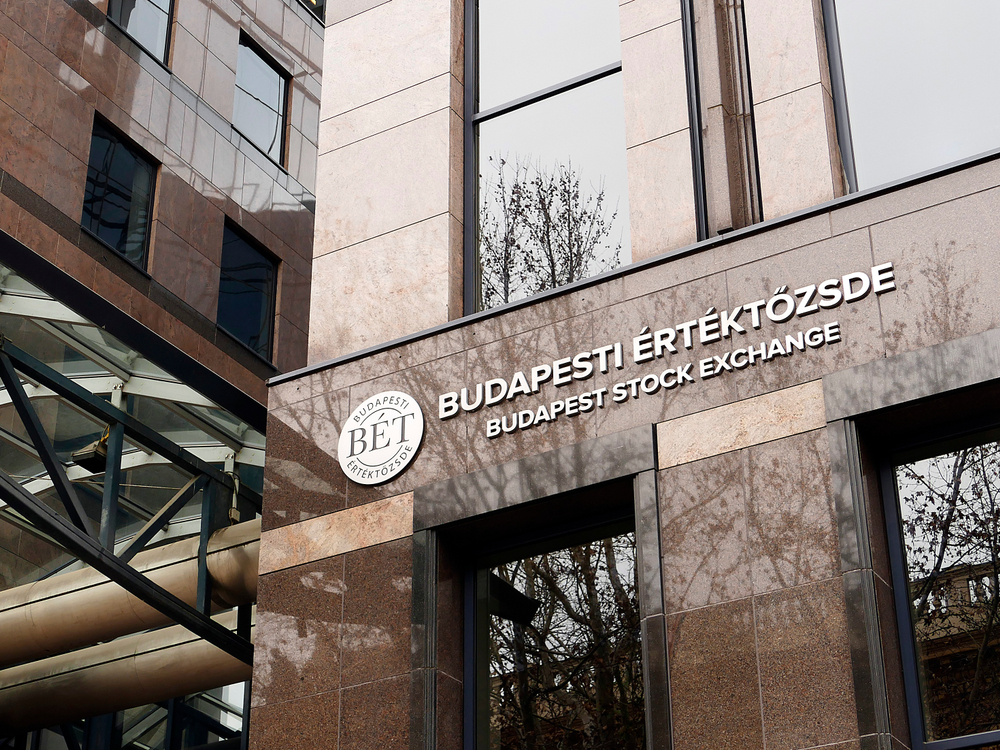BUX rises in line with European trend

The Budapest Stock Exchangeʼs main BUX index finished up 1.94% at 21,584.76 Thursday after gaining 0.24% Wednesday. It is up 29.76% from year-end, after losing 10.40% last year.
Taking its cue from euro zone markets, the Budapest bourse soared as investors expected the European Central Bank (ECB) to signal its willingness to expand its quantitative easing in the future in view of a new wave of imported deflation from emerging markets, and other risks related to China or/and to a U.S. rate hike that is still possible later in the month.
Late afternoon the rise accelerated as the ECB confirmed expectations by raising its own issue share limit on a case-by-case basis within the Eurosystemʼs public sector purchase program that started in March to 33% from the initial 25%, meaning it can buy more of a single-issue of bonds, and emphasized "its willingness and ability to act, if warranted, by using all the instruments available within its mandate" and, in particular, recalled that "the asset purchase program provides sufficient flexibility in terms of adjusting the size, composition and duration of the program."
The ECB impact was enhanced by the coincidence of the final euro zone August composite PMI coming in higher than in July and up from the preliminary assessment as well, while the ECB lowered its GDP and inflation forecasts for the euro zone compared to the June projection.
On the domestic turf, fresh data on retail trade with a mixed message probably kept to BUX from gaining more.
Annual retail trade growth remained in July above the year-to-date average in Hungary, but slowed from June in absolute terms, while it accelerated in calendar-adjusted terms. Analysts attribute the relatively strong pace to the direct connection since last year of cash registers to the tax office which contributes to a "whitening" of retail turnover, and to the summer holiday season rounded out with foreign tourism, including Hungarians working abroad who start to visit for recreation in larger numbers than in previous years, while grassroots domestic demand is still tepid.
The summer effect is illustrated by food turnover growth that jumped to an annual 6.3% volume growth, way above the 3.9 year-to-date average, in July from 4.5% in June, while non-food trade growth slowed to an annual 7.2%, lagging the 8.4% year-to-date average, from 10.1% in June.
At a conference on Thursday, OTP Bank head Sándor Csányi deplored losses of banks suffered in the last few years due to government policies, and said that the problem, however, for Hungary was not the inability of banks to lend, but the lack of credit demand in the economy.
OTP won 2.79% to HUF 5,530 on turnover of HUF 3.74 bln from a HUF 7.20 bln session total, more than a fifth short of the daily average this year. MOL racked up 2.77% to HUF 13,900 on turnover of HUF 1.04 bln. Magyar Telekom rose 1.53% to HUF 397 on turnover of HUF 132 mln. Richter advanced 0.26% to HUF 4,260 on turnover of HUF 2.15 bln.
The bourseʼs mid-cap BUMIX went out 0.51% higher at 1,636.51.
Elsewhere in the region, WIG 20 in Warsaw was up 2.33%, while Pragueʼs PX garnered 0.95%. Western Europeʼs major indices were all up ahead of their close on Thursday, FTSE100 in London 2.03%, DAX30 in Frankfurt 3.21%, and CAC40 in Paris 2.82%.
SUPPORT THE BUDAPEST BUSINESS JOURNAL
Producing journalism that is worthy of the name is a costly business. For 27 years, the publishers, editors and reporters of the Budapest Business Journal have striven to bring you business news that works, information that you can trust, that is factual, accurate and presented without fear or favor.
Newspaper organizations across the globe have struggled to find a business model that allows them to continue to excel, without compromising their ability to perform. Most recently, some have experimented with the idea of involving their most important stakeholders, their readers.
We would like to offer that same opportunity to our readers. We would like to invite you to help us deliver the quality business journalism you require. Hit our Support the BBJ button and you can choose the how much and how often you send us your contributions.








